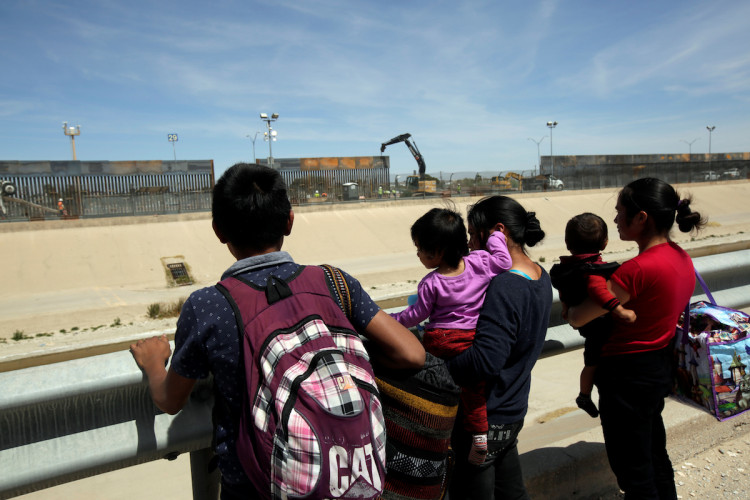The Trump administration has ordered nonprofit legal service providers working with unaccompanied migrant children to immediately halt their government-funded operations, a move that could leave thousands of minors facing deportation without legal representation. The directive, issued by the Department of the Interior, affects organizations that assist roughly 26,000 children who are or were previously in the custody of the Office of Refugee Resettlement (ORR), which is responsible for the care of minors who cross the U.S.-Mexico border without a parent or legal guardian.
The Acacia Center for Justice, which oversees the primary federal contract funding legal services for these children, received a stop-work order on Friday directing it to "stop all work" under the contract, according to a copy of the notice obtained by CBS News. The move immediately suspends funding for legal screenings, "Know Your Rights" presentations, and assistance in determining whether children qualify for protections such as asylum or special visas for abused or abandoned minors.
"This is an unprecedented attack on immigrant children," said Roxana Avila-Cimpeanu, deputy director of the Florence Immigrant & Refugee Rights Project, which provides legal services to children in government custody. "Without the services the Florence Project provides through the Unaccompanied Children Program, children, no matter their age, will be forced to represent themselves in immigration court alone."
The affected organizations include the California-based Immigrant Defenders Law Center, the Texas-based Estrella del Paso, and the Illinois-based National Immigrant Justice Center. Lindsay Toczylowski, president of the Immigrant Defenders Law Center, called the order an abandonment of children for political purposes. "The Trump administration is abandoning children for the sake of politics and leaving kids to fend for themselves against our complex immigration system," she said.
Legal experts warn that the move could have severe consequences for children navigating the immigration court system, where minors are not guaranteed legal representation. A study by the Syracuse University-based Transactional Records Access Clearinghouse has found that unaccompanied minors without legal representation are far less likely to be granted relief from deportation than those with lawyers.
Shaina Aber, executive director of the Acacia Center for Justice, noted that while legal service providers have ethical obligations to continue representing existing clients, they may struggle to do so without federal support. "I think the due process rights of children will reach a new low," Aber said. "It's unclear how long organizations can sustain these efforts without funding since migrant youth typically don't have the financial means to pay for lawyers."
The Trump administration has not publicly explained the reasoning behind the directive, and the Department of the Interior and the Department of Health and Human Services (HHS) did not respond to requests for comment. However, the administration has been moving aggressively to cut federal spending in areas it deems unnecessary, including immigration services. In recent weeks, it has also suspended funding for nonprofit organizations that assist in resettling refugees, a program President Trump has halted.
The order comes amid a broader tightening of immigration policies affecting unaccompanied minors. Last week, ORR implemented stricter vetting requirements for adults seeking to sponsor children out of government custody, now requiring all members of a household to submit fingerprints for background checks. The administration has also expanded cooperation between ORR and U.S. Immigration and Customs Enforcement (ICE), a move that immigrant advocates warn could discourage undocumented family members from stepping forward to sponsor children, leaving more minors in long-term detention.
The administration has defended its actions as necessary to prevent abuse and trafficking of migrant children, arguing that the Biden administration's handling of unaccompanied minors has led to insufficient tracking and oversight. However, legal advocates say cutting legal services directly undermines those stated goals. "Unaccompanied children who are unrepresented are far more likely to end up in exploitative situations, including child labor and trafficking," said Neha Desai, an attorney at the National Center for Youth Law.
This is not the first time the Trump administration has attempted to eliminate legal services for immigrants. Shortly after taking office in 2017, the Justice Department ordered providers to stop assisting immigrants in detention, though that decision was later reversed. The current stop-work order, however, represents a more sweeping action that directly impacts thousands of vulnerable children.






